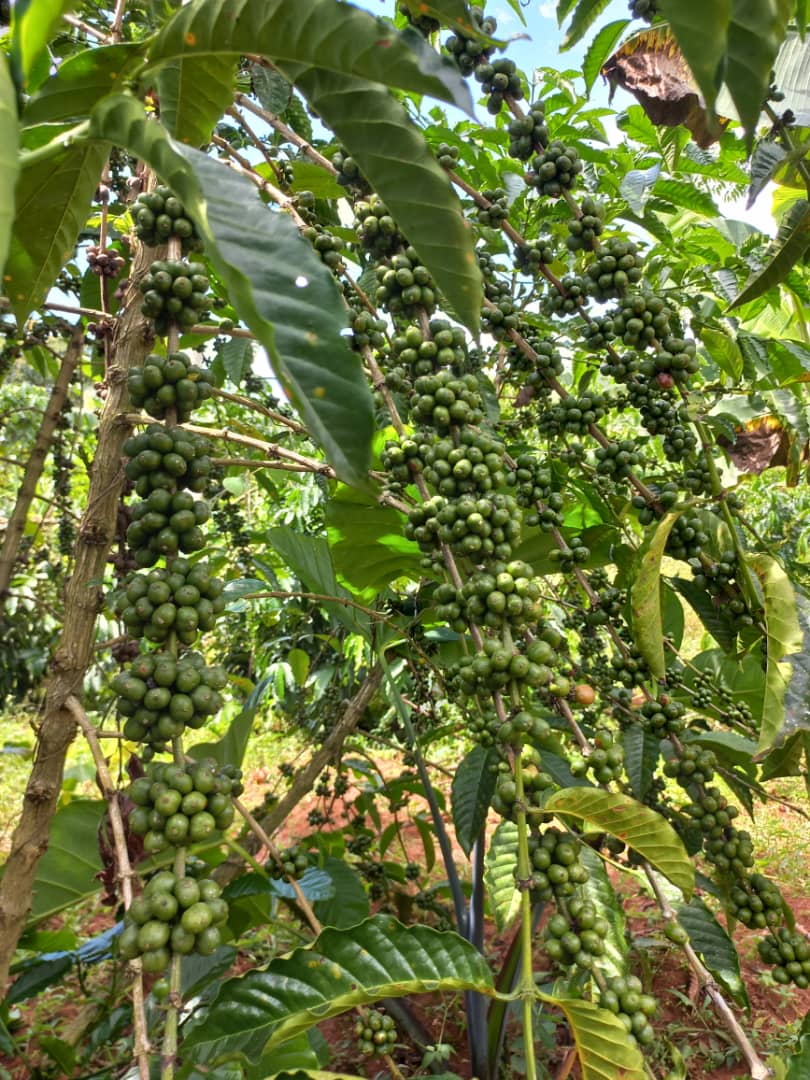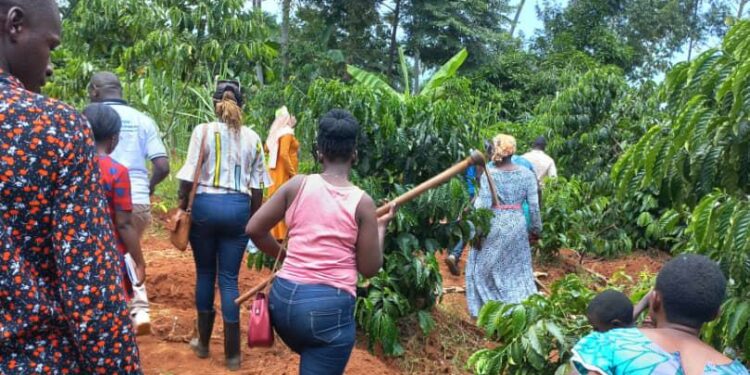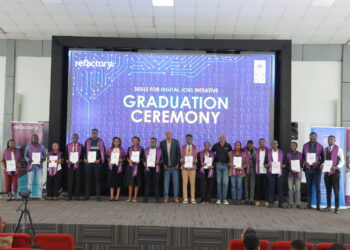It is terribly sad that a section of Ugandan citizens do not know that they are responsible for the acute food shortages that they are experiencing. Essentially, they are their own worst enemy.
This has only served to extend their period of misery, like a farmer who eats their seeds during the planting season. High illiteracy levels has plunged a section of the citizenry into a dark cloud of food insecurity. Absolutely pathetic!
These small holder farmers regularly apply chemicals and synthetic fertilizers to control weeds, pests and multiply crop yields respectively. Little do they know that this practice is ‘agriculture suicide’ and ideally shooting oneself in the foot.
Application of chemicals in gardens to kill weeds and pests not only has disastrous effects for human life on exposure, but also exhibits zero tolerance to living organisms in the soil, notably earthworms, bacteria and fungi, which serve to improve aeration and a natural source of soil nutrients.
Worse still, these pesticides destroy the green pigment in plants, an important ingredient of manure after decomposition. Unfortunately, these peasants, who have for long complained of infertile soils, are not aware that they have brought disaster upon themselves.
According to the Global Hunger Index published by the United States Agency for International Development (USAID) in 2022, many households and specific segments of the population in Uganda suffer food insecurity and high levels of malnutrition.

The report indicates that 59%, 19% and 11% of households in the North East, Mid-North and West Nile respectively consume one meal a day. The situation is not any better in central parts of Uganda, with a section of households seeing two meals a day as a miracle.
Among other factors contributing to low yields, degradation of land resources through poor farming methods, characterized by spraying with chemicals to control weeds and pests was cited.
Ggwayambadde Fred Mukasa, a smallholder farmer in Kasaana village Nyendo-Mukungwe division in Masaka city, and an architect of agroecology among his contemporaries explains the dangers of spraying with chemicals to curb pests and weeds.
Not only are these chemicals dangerous to human life, he says, but also greatly contribute to soil degradation, through cutting off humus production by living organisms, leading to gross infertility, erosion and consequently low yields.
His zeal to conserve nature during daily rounds carrying out farming on his 6-acre land, a practice he has embraced for years to curtail climate change and ensure sustainable food systems has been an inspiration to many, to follow suit.
“These drugs kill grass, and you spray, you are killing the chlorophyll. Formerly, our great grandparents used to cover this grass with soil when they were digging. Today, what we do because we are in a hurry is that we just get the herbicides, spray acres and acres, on the same day, you plant maize, and you look at the farmer as if he is a mad man or woman,” remarks Ggwayambadde.
His farm land is an embodiment of several agroecology practices like bee keeping, intercropping, agroforestry, crop rotation, recycling and others, carefully designed in his quest to try to maintain a complex, but healthy interaction between living organisms and plants which predate on each other for the continued survival of the ecosystems, leading to sustainable agriculture.
An exuberant smallholder farmer, Ggwayambadde prides in incredibly abnormal coffee harvests as a result of skillful application of organic fertilizers, which helps crops to withstand harsh weather conditions like drought.
“As you saw my coffee, the trees are just bending, bending, already I have harvested some. Else you would find the trees on the ground because of bee keeping and using these organic manure. Some farmers using these other fertilizers, synthetic fertilizers, are crying, because the rain was so small and their coffee is not as good as mine,” testifies Ggwayambadde.
According to the report published by Food and Agriculture Organization (FAO) in 2012, plants, animals, and micro-organisms (fungi and bacteria) increase fertility of the soil, by helping in maintaining its structure and aeration.
In an interview with selected journalists from media houses across Uganda during an agroecology study tour organized by Eastern and Southern Africa Small Scale Farmers Forum (ESAFF) Uganda on May 22nd, Margaret Kisakye, a smaller holder farmer in Kimanya B village, Nyendo-Mukungwe division explained that soil organisms help to decompose organic matter which helps to enrich nutrients that act as food for plants.
“There is no chemical, we don’t use chemicals. We use organic manure to grow our organic yams and people love organic crops because they are healthy. The situation these days all over people are spraying using chemicals, not knowing that they are killing soil organisms which add nutrients to the soil.”
Such environmentally friendly farming practices have made Masaka district a model of agroecology in Uganda.
Travelling in the jungles of Nyendo–Mukungwe division, you notice, almost forcefully, a spectacular composition of greenery, which is a reminder of the impressive creation works of God.
But this beautiful scenery is not one by God’s creative hands alone.
In a rather meticulous and coordinated approach, residents of this area have supplemented God’s work beyond their physical and mental limits to preserve nature, through the practice of agroecology.
Also referred to as regenerative agriculture, agroecology denotes the application of ecological principles and processes to agricultural production systems. It is the practice of growing crops and rearing animals in ways that are in tandem with environmental conservation.
Surprisingly, some farmers in the area used to unknowingly apply ecological principles as they carry out farming, until ESAFF Uganda made them cognizant that they were actually practicing this ‘environmentally friendly mode of agriculture’
This inspiration from ESAFF Uganda has strengthened their resolve to preserve the environment, as they go about their agricultural activities through embracing agroecology as an effective antidote to food insecurity.
Do you have a story in your community or an opinion to share with us: Email us at editorial@watchdoguganda.com














